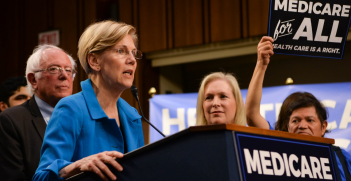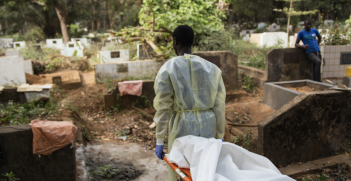Leveling the Playing Field

As an emerging economy, Brazil has a vested interest in positive outcomes for modernised banking regulations, infrastructure investment and an open multilateral trading system, states Roberto Fendt.
As Brazil is still in the process of adjusting its economy after the global financial crisis, the country looks forward to the results of the Brisbane G20, particularly in five main areas.
A Quantitative Easing Quandary
Reactions to the Global Financial Crisis and the shrinking of bank liquidity in Brazil led to a vigorous expansion of the assets of its central bank. This, in tandem with a similar move by the American Federal Reserve, avoided significant impact on the real side of the Brazilian economy. While these policy actions were desirable, the major present challenge is for the US Fed to revert its quantitative easing in an orderly fashion that will not jeopardise the recovery of Brazil and other emerging economies. Such a change will promote sustainable recovery of the US economy itself, essential for strengthening global economic resilience.
The Need to Build
Brazil has lagged behind in its efforts to more actively attract private foreign investment in infrastructure. Significant changes in Brazil’s investment climate are too recent for results to show, but policy-makers are now acutely aware that supplementing domestic savings with investment is required in order to accelerate growth.
Opening the Door to Free Trade
Removing obstacles to international trade isessential for growth of the world economy, so Brazil strongly supports an open multilateral trading system, and one that encourages the country to be an integral part of the international chain of value. But Brazil cannot ignore that the proliferation of bilateral and regional trade agreements is a reality, given the difficulties of deeper integration of the multilateral trading system.
Think-tanking the Banks
In response to the debt crisis in the 1970s, the Brazilian banking regulations shielded our domestic financial market from foreign banking crisis contagion and made it much safer than our counterparts in the developed world. So, with respect to improving, strengthening and reforming global financial institutions, Brazil consistently voices expectations such reform will reflect the changing importance of emerging nations in the global economic system. It is expected that the G20 will examine several options and come up with constructive ideas for their implementation.
Energy Markets Remain an Issue
Imbalances in national and regional supply and demand of energy create the potential for conflict in several parts of the world. As a major producer of alcohol as fuel since the 1970s, and having a potential to become a major exporter of oil from pre-salt deposits in the country, Brazil has a keen interest in the improvement of international energy markets. Thus, our nation also expects the G20’s heads of government meeting to address policy for this issue.
Roberto Fendt is the Executive Director of the Brazilian Centre for international Relations.
This is an extract from G20: Words into Action Brisbane 2014, to be published by Faircount Media in association with the Australian Institute of International Affairs in October 2014.





